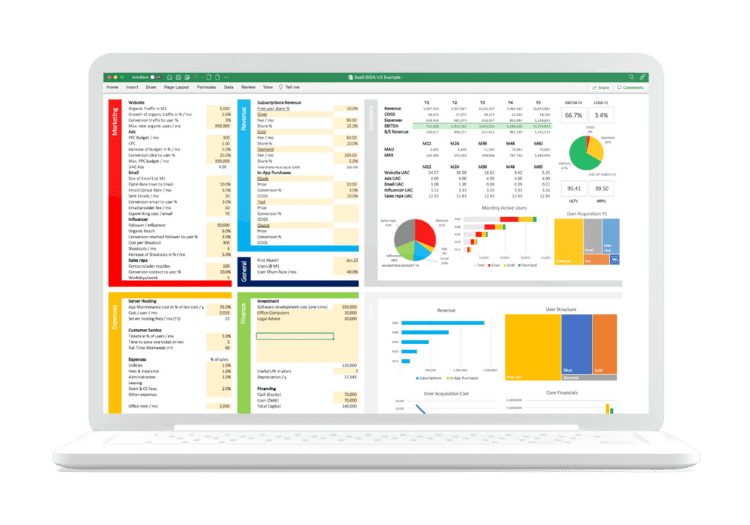Research by Startup Genome [1] analyzed 3,200 startups and revealed that 70% failed because of premature scaling. Read on to learn more on this vital topic.
Why startups scale prematurely
Startups are often lauded for their ability to scale quickly and efficiently. But in many cases, this scaling happens too soon – before the startup is truly ready. This can lead to several problems, including:
1. The startup hasn’t yet developed a strong enough foundation.
2. The team isn’t prepared to handle the growth.
3. The product or service isn’t fully developed or tested.
4. The market may not be ready for the product or service.
5. Financing may not be in place to support continued growth.
Premature scaling can be detrimental to a startup’s long-term success and should be avoided if possible. Startups should focus on developing a strong foundation and team before attempting to scale too rapidly.
The dangers of scaling too early
Scaling too early can lead to many problems, including:
- Running out of cash: When you scale too early, you often spend a lot of money on new office space, hiring new employees, and advertising. This can lead to a situation where you quickly run out of cash and are forced to either take out loans or shut down altogether.
- Poor quality product: When you try to scale too quickly, you often sacrifice quality in favor of quantity. This can lead to a subpar product that doesn’t meet customer expectations and ultimately fails.
- Missed opportunities: Scaling too early can also mean missing out on opportunities to improve your product or business model. Iteration is the fastest way to improve your product, and if you scale too early, you may miss out on valuable feedback and insights that could ultimately lead to a more successful business.
The benefits of waiting to scale
Scaling a startup too early can be detrimental to its long-term success. By waiting to scale, startups can avoid many pitfalls that come with premature growth.
One of the main benefits of waiting to scale is that it allows startups to perfect their product or service. If a startup scales too early, it may have to pivot later, which can be costly and time-consuming. By taking the time to get their product or service right from the start, startups can save themselves a lot of headaches down the road.
Another benefit of waiting to scale is that it gives startups time to build a strong customer base. A solid customer base is essential for any business, but it’s especially important for startups. If a startup doesn’t have a strong customer base when it starts scaling, it’s more likely to fail.
The key indicators of when to scale
As a startup, there are key indicators that suggest when it’s time to scale. First, look at your customer base and see if there is room for growth. Is your product or service in high demand? If so, you might need to consider scaling to meet customer demands. Another indicator is whether or not you can keep up with the competition. If you’re falling behind, it might be time to consider scaling to stay ahead of the curve. Finally, ask yourself if you have the resources to support a larger operation. If not, then scaling might not be the right move for your startup at this time.
How to avoid premature scaling
In the early stages of startup growth, it’s important to resist the urge to scale too quickly. Hasty decisions can lead to problems down the road, so it’s better to take a measured approach. Here are a few tips on how to avoid premature scaling:
- Don’t try to do everything at once. It’s important to focus on one thing at a time and perfect it before moving on. Trying to do too many things at once will only produce subpar results.
- Be patient. Rome wasn’t built in a day, and neither is a successful startup. It takes time to grow a business, so don’t try to force things by scaling prematurely.
- Use a financial model. A financial model can help you track your progress, identify warning signs, and make better decisions about when and how to scale your business.
Conclusion
Premature scaling is often due to a lack of understanding of the market, unrealistic expectations, and a lack of focus. To avoid this, it is important to have a clear understanding of the market, set realistic expectations, and focus on a few key areas. A financial model can help you scale your business at the right time and appropriately.

Source: [1] Research by Startup Genome
Peter is a solopreneur in Salzburg, Austria, a husband, and a family father. He runs a little publishing company, and blogs about starting and running online businesses. In his spare time, he enjoys hiking with friends and reading the Bible, and sometimes he takes a trip in his roaring old black 2001 Jaguar XJ8.





